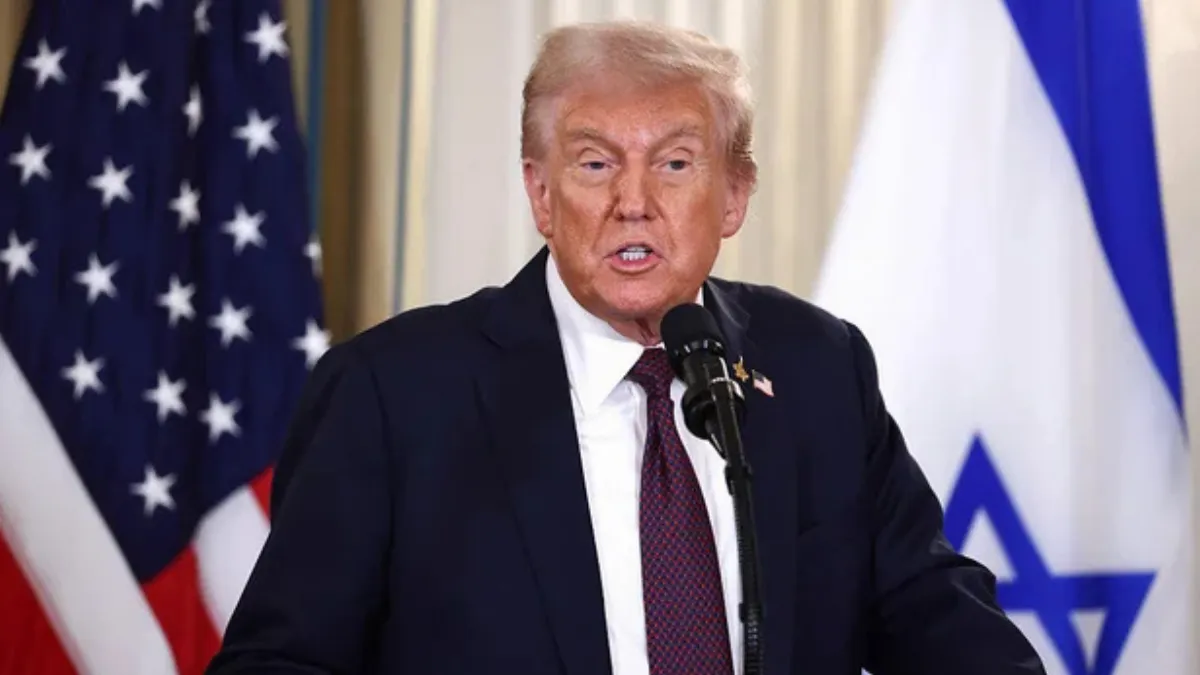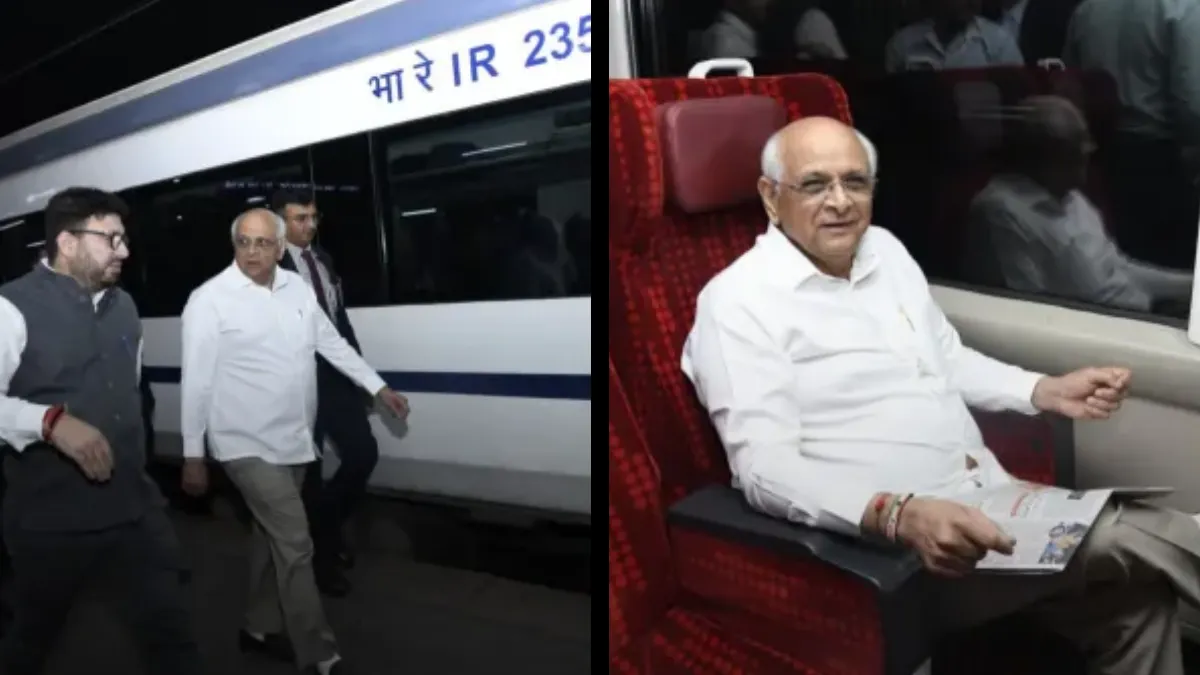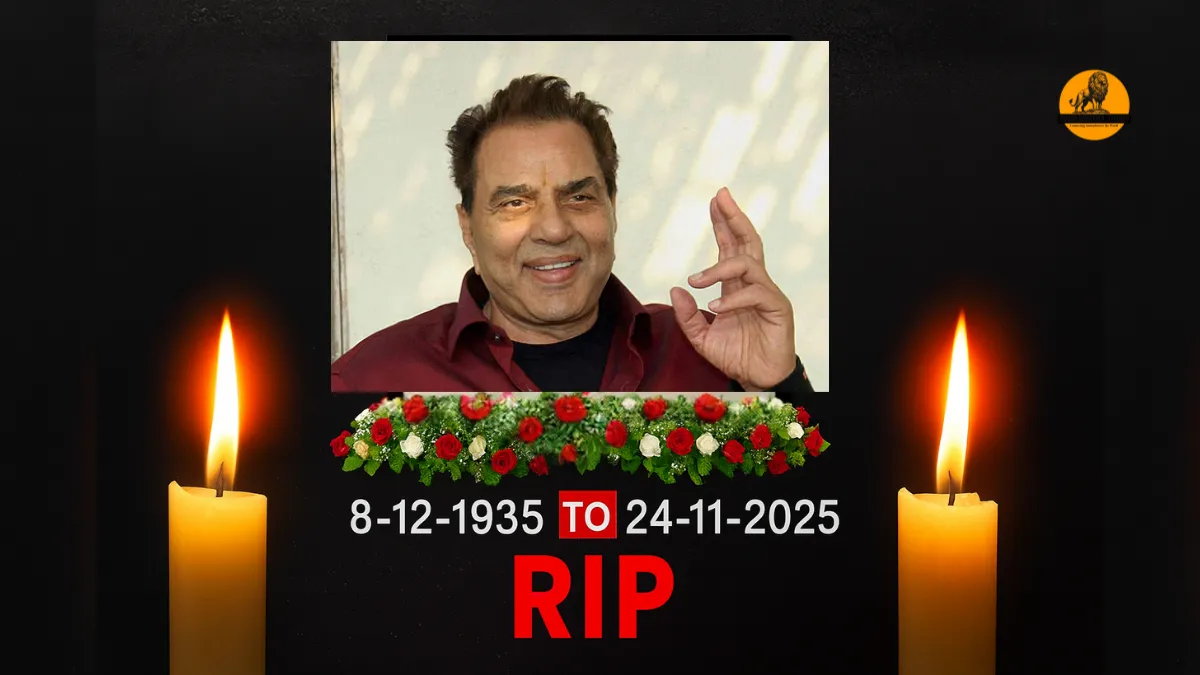White House to Democrats:White House urges Democrats to negotiate ahead of government shutdown. President Trump emphasizes a clean funding resolution while Congress debates health care subsidies.
As the government shutdown deadline approaches, the White House has urged congressional Democrats to engage in constructive talks. Press Secretary Karoline Leavitt confirmed that President Donald Trump will meet with Democratic leaders in the Oval Office to discuss a stopgap funding bill, aimed at keeping federal operations running smoothly.
“The president is giving Democrat leadership one last chance to be reasonable, to come to the White House today to try to talk about this,” Leavitt told Fox News. This highlights the urgency of passing a clean, temporary funding resolution without contentious policy conditions.
House-Passed Stopgap Bill and Senate Response
The GOP-controlled House has already approved a short-term funding measure, but the bill faces uncertainty in the Senate. Senate Majority Leader John Thune confirmed that the Senate will vote on the House-passed bill on Tuesday, following a previous attempt this month that was stalled due to Democratic opposition.
Thune emphasized that whether or not the government shuts down now rests with Democrats, underscoring the political tension surrounding the funding debate.
Democrats Seek Health Care Assurances
House Minority Leader Hakeem Jeffries stated that Democrats aim for a “good-faith negotiation” to prevent a shutdown while protecting health care programs. He noted that promises of future discussions on expiring insurance subsidies are insufficient for Democratic negotiators.
Senate Democrats have not fully aligned behind a uniform position. Minority Leader Chuck Schumer stressed the importance of “real negotiations” over temporary solutions, particularly regarding the expiring Affordable Care Act (ACA) credits.
Political Divide and Practical Stakes
The divide between Republican demands and Democratic priorities is stark. Republicans seek a clean continuing resolution, while Democrats focus on protecting essential health care provisions. The standoff has raised concerns about the potential impact of a government shutdown on millions of Americans.
A shutdown would disrupt federal services, affecting everything from national parks to social security processing. Both parties face pressure to reach an agreement swiftly, balancing political considerations with practical responsibilities.
Timing and Urgency of Talks
Monday’s Oval Office meeting is critical, as the Senate is expected to revisit the House-passed stopgap bill just hours before the midnight shutdown deadline on Wednesday. The tight timeline adds pressure on both parties, highlighting the importance of compromise and timely decision-making.
Observers note that how Democrats respond to the White House’s call for reasonableness may influence public perception and impact future legislative negotiations.
Potential Outcomes and Implications
Experts suggest that the Monday sitdown could set the tone for future bipartisan cooperation. By facilitating direct dialogue, the White House hopes to reduce partisan friction and identify areas of compromise. Success depends on the willingness of Democratic leaders to engage constructively.
A resolution now could prevent a government shutdown and demonstrate a functioning legislative process, while failure could disrupt federal operations and escalate political tensions.
Also read: Trump and Comey: Former FBI Director Indicted as Political Battles Escalate
Conclusion: White House to Democrats – A Critical Moment
With less than 48 hours before a possible shutdown, the White House’s message to Democrats is clear: prioritize functional government, engage in meaningful negotiations, and find a common-sense solution. Republicans emphasize a clean funding bill, while Democrats advocate for continued health care protections and subsidies.
The White House to Democrats appeal reflects the urgent need to bridge political divides and maintain government operations without interruption. The nation is watching closely, hoping for a solution that balances fiscal responsibility with the welfare of Americans.

















